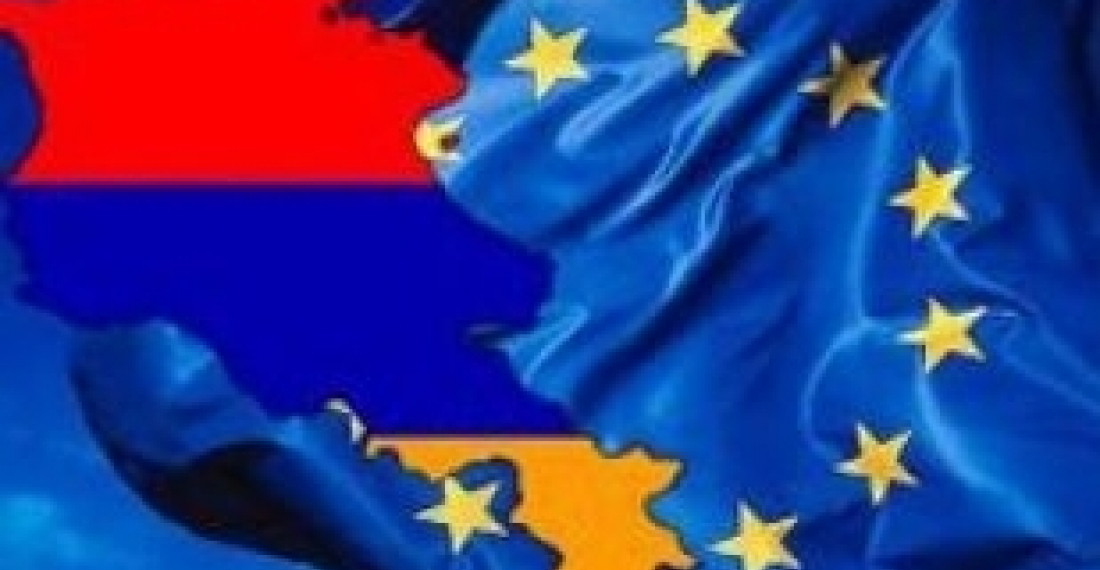The European Commission yesterday proposed to open negotiations on Visa Facilitation and Readmission Agreements with Armenia. A press release said the agreements on easing visa procedures for short-stay visas and on the readmission of irregular migrants between the EU and Armenia would be based on reciprocity benefiting the Armenian and the European citizens.
"Easier access to visas will improve cooperation and exchanges between the EU and Armenia. Visa facilitation and readmission agreements are very tangible results of the Eastern Partnership and I know how much this means to the citizens of these countries," said Commissioner for Home Affairs Cecilia Malmstrom.
"The human dimension of the Eastern Partnership is one of its most important ones," underlined Commissioner for Enlargement and Neighbourhood Policy Stefan Fule, adding: "Fostering mobility and
people-to-people contacts through visa facilitation is fundamental in order to promote social and economic development and mutual understanding between the people."
Suggested visa facilitations include the introduction of long-term multiple-entry visas, simpler requirements concerning documentary evidence in support of the visa applications, lower or no administrative fees for some categories of travelers etc.
The agreements on visa facilitation and readmission can only enter into force simultaneously, the press release said.
The visa facilitation and readmission negotiations with Armenia follow the political commitment to foster people - to - people contacts taken at the Prague Eastern Partnership Summit in May 2009 and reaffirmed more recently by the Eastern Partnership Foreign Ministers' conclusions in December 2010, ENPI Info Centre reports.







